the ethics of celebrity culture
the lives of the rich and famous are endlessly fascinating, but what happens when our treatment of their lives reflects deeply on our own?
Celebrities are people too, right?
As someone who consumes too much celebrity gossip and commentary for their own good, this is a question I find myself contemplating often. After a quick poll on my Instagram, it’s clear we all agree – celebrities are human and deserve respect, just like us.
As a culture, recognizing that those in the limelight we may idolize or even despise are like us in any way is a thought we often neglect. Much of the content we consume about the rich and famous is deeply personal, recounting the most complex and challenging moments of their lives. This intimate insight, truthful or not – is often coerced out of celebrities by paparazzi to then be fabricated by gossip magazines for profit. Though it’s fair to say these stars were cognizant of the social contract they were signing, it’s clear the terms and conditions of that contract are a bit muddled. It's a difficult thing to enter an industry out of passion for the craft and the idea that you wouldn’t succeed doing anything else, then experience harassment and false claims once successful. Many enter the entertainment industry to become an artist whose work is celebrated and revered – but the result of that celebration is often detrimental.
After watching Selena Gomez’s documentary, My Mind and Me, this past week I couldn’t help but consider my initial question. The entire documentary came across as a case study on the effects of celebrity on a fairly average girl. Gomez is the product of a regular Texas town, the child of a teen mother and a young woman whose career has defined her life since she was seven. Selena’s upbringing was deeply normal and much of her life after fame is incredibly abnormal.
Much of Gomez’s inner dialogue and feelings about her life portrayed in the documentary could come across as ungrateful to some but to me, it illuminated the outcry of a woman who cannot grapple with the reality that comes with being incredibly visible. For Gomez, it’s clear being a celebrity and having mass amounts of social capital (she was the most followed person on Instagram at one point in time) because of a career she believes is arbitrary is jarring for her. There are many parts of celebrity that require the subject of the public’s adoration to perform and be seen, and those are the parts of the job Gomez detests most – not because she hates her fans but because it's a lifestyle she can no longer maintain nor wants to.
When you think about it from an empathetic standpoint, it’s simple to understand how Gomez arrived at the moment we’re introduced to her at as the film begins – throughout her career, the now 30-year-old actress has been defined by and terrorized for everything but her artistry: her romantic relationships, her friendships, her mental and physical health – all aspects of a person’s life that are incredibly private. I think everyone would go insane watching every bit of your life be put on display and defined by someone else’s narrative, which is then played back to you on a loop. The skeptic in me considers a different view: why enter an industry where being forward-facing is essential to the job? Why continue in a career that is no longer rewarding to you?
In Gomez’s case, she became an actress and a singer because she felt it was her calling – it’s safe to say that even without the fame she was thrust into she would continue in this line of work. However, it’s clear that she’s now at a crossroads in her career where she’s forced to reckon with the apex of her success and how she interprets that notability on her own terms, outside of public perception.
In my mind, there’s a difference between the celebrity experience of those who grew up in the entertainment industry or who have relatives adjacent to the arts, and the celebrity experience of those who enter the arts from outside it. There’s a unique contrast between these two choices – those with a frame of reference as to the effects of a career in entertainment, especially a successful one, can understand the social responsibility that comes with being in the public eye. This particularly interests me when considering those who have risen to fame in the internet age; the barriers between the performer and their audience are considerably low, which results in the rejection of responsibility and platform of many of the young social media stars we see today. The rapid evolution from being an average Joe to a household name is unnatural and uncommon, and for those familiar with the industry – your Kate Hudsons, Ben Platts and Maude Apatows – being public facing is nothing out of the ordinary.
Society’s ability to turn on those with social capital at such a rapid pace is incredibly unsettling. Not to say that celebrities deserve our pity and flattery, but there’s a clear correlation to be observed between reaching a certain stratosphere of fame and the diminishing respect you receive once there. For Selena Gomez, that was her reality – after a few incredibly public romantic relationships (public not of her own volition), she went from being everyone’s favorite Disney star turned actress to just somebody’s girlfriend, met with an insane amount of public vitriol and commentary. It’s amazing, especially in the internet age, to see just how many opinions we as a society have about people we have never met and most likely will never meet.
To reference Britney Spears’ iconic interview on Dateline in 2006, celebrities are people who are entitled to privacy and respect, but there’s a clear turning point that arrives as your public persona becomes larger than you as an individual. Take Billie Eilish’s career for example – she emerged into pop culture as an ingenue of sorts: young, talented, conventionally beautiful and uniquely fashionable. As she grew in popularity and her career entered the stratosphere, it quickly became clear that as she evolved as an artist and young woman many would have unsolicited opinions related to her life choices. In her 2021 Elle cover story, the 20-year-old shared that as she began to evolve away from her oversized, streetwear aesthetic, many had some choice words to share:
When she started experimenting with new looks, occasionally stepping out in more form-fitting clothes, the reaction from certain fans was swift—and vicious. Beneath a recent Instagram shot of her wearing a Miaou tomato-print corset with a lace bra peeking out, trolls wrote “disingenuous” and “cringy asf.” One person posted, “The industry really changed you huh smh.”
While Eilish understands why some fans might want her to remain suspended—Peter Pan–like—in the exact state in which they first encountered her, she struggles to process the vitriol. “People hold on to these memories and have an attachment. But it’s very dehumanizing.” The corset post represents a perfect snapshot of the insanity. “I lost 100,000 followers, just because of the boobs,” she says with a rueful laugh. “People are scared of big boobs.”
Outside of her fashion choices, many began to dislike Eilish the greater her popularity grew, claiming she was no longer relatable nor likable. Some chose to simply to divert from the crowd as reason for their distaste, labeling her as overrated simply due to her massive commercial popularity. Though, it is wise to consider that the reason she is no longer relatable is due to the mass amount of people enjoying her music, thus providing her an audience of fans who are now turning against her because of the fame they have afforded her. Of course, both these women are people with massive amounts of money, social capital, esteem and power, which directly influences not only their public life but their psychology as a person and their role in our society, both positively and negatively. This social condition celebrities find themselves in I both can sympathize with and take with a grain of salt – however the question I want to consider is this: what do our conversations and comments about famous people say about our own individual psychology and values?
A creator I love that considers this question constantly is Tefi Pessoa. Her TikTok content about pop culture, celebrity relationships and entertainment often asks her viewers to consider their own life experiences in understanding celebrity narratives and frames her content from an empathetic and nuanced standpoint. Sure, there’s the occasional video about her distaste for Britney Spears’ ex-husband Kevin Federline or her opinion on the Adam Levine cheating scandal, but as a whole Tefi encourages her audience to digest celebrity culture through a human lens. An idea she’s mentioned on her page is the truth that you can often gauge a person’s values or ethics by how they speak about celebrities and their lives – which they have no context or direct stake in.
 Tiktok failed to load.
Tiktok failed to load.Enable 3rd party cookies or use another browser
For example, in an attempt to break the ice in conversation with someone, you might bring up the day’s headline about Selena Gomez’s new documentary and how brave she is to share her deeply personal story. In one case, you may be met with a sentiment related to how ungrateful Gomez must be to complain about her life or how her bipolar diagnosis is nothing related to their own life experiences. Of course, everyone is entitled to their own thoughts and opinions, but your view of that person may significantly change after that interaction as they’ve shared with you not only their opinion about Selena Gomez, but their views on mental health.
Despite the degrees of separation we may feel from those in the public eye, their narratives are ones we experience ourselves on an everyday basis – thankfully just not for the whole world to see. The privilege and silver-spoon lifestyle that comes with celebrity life is one that deserves all the speculation and skepticism in the world but when you think about it, we’re the audience that puts them there.
The lives of the rich and famous will forever be enticing and remain our topics of conversation for years to come, but it’s worth the energy to consider the lens we interpret their lives through.




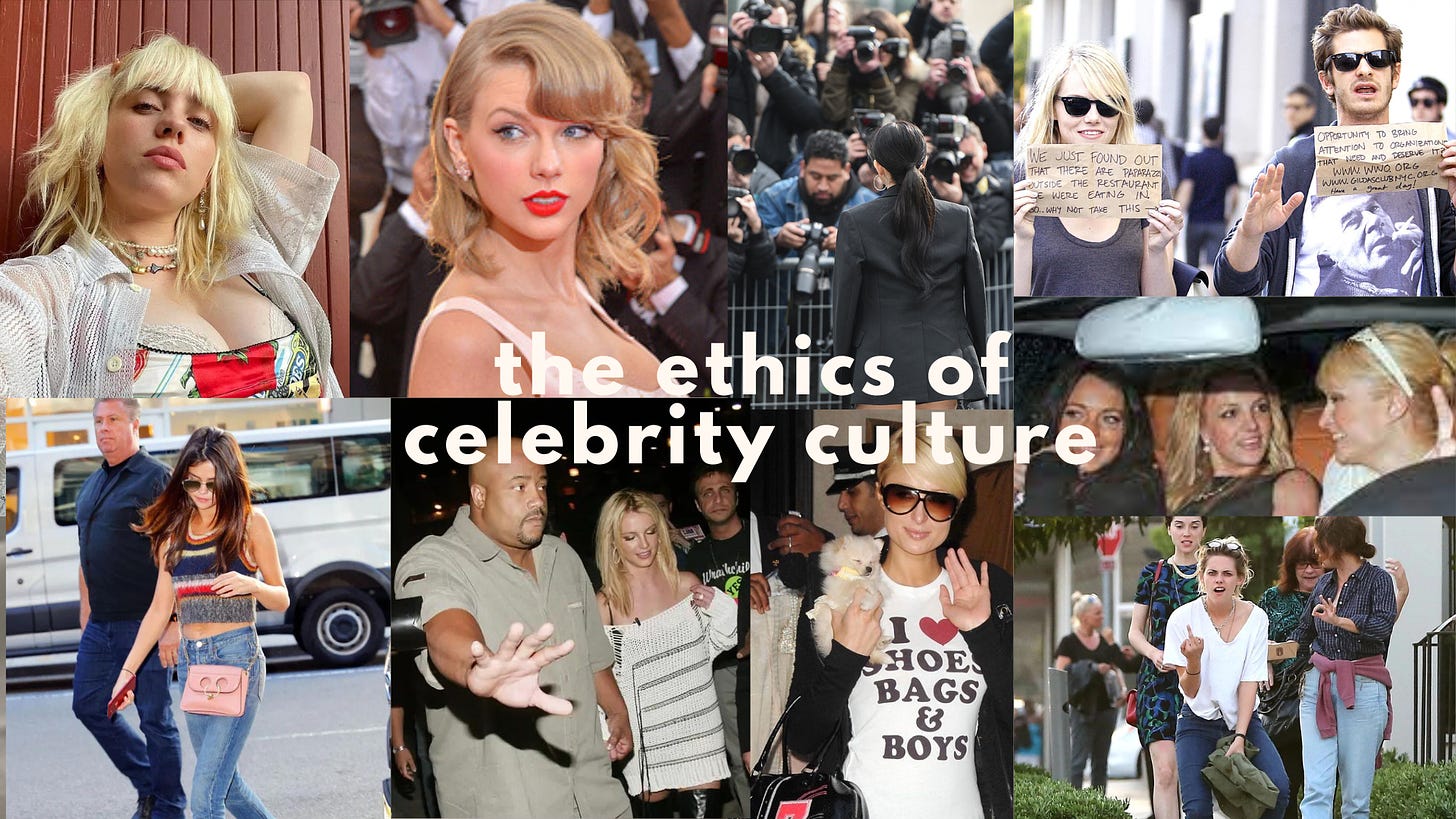

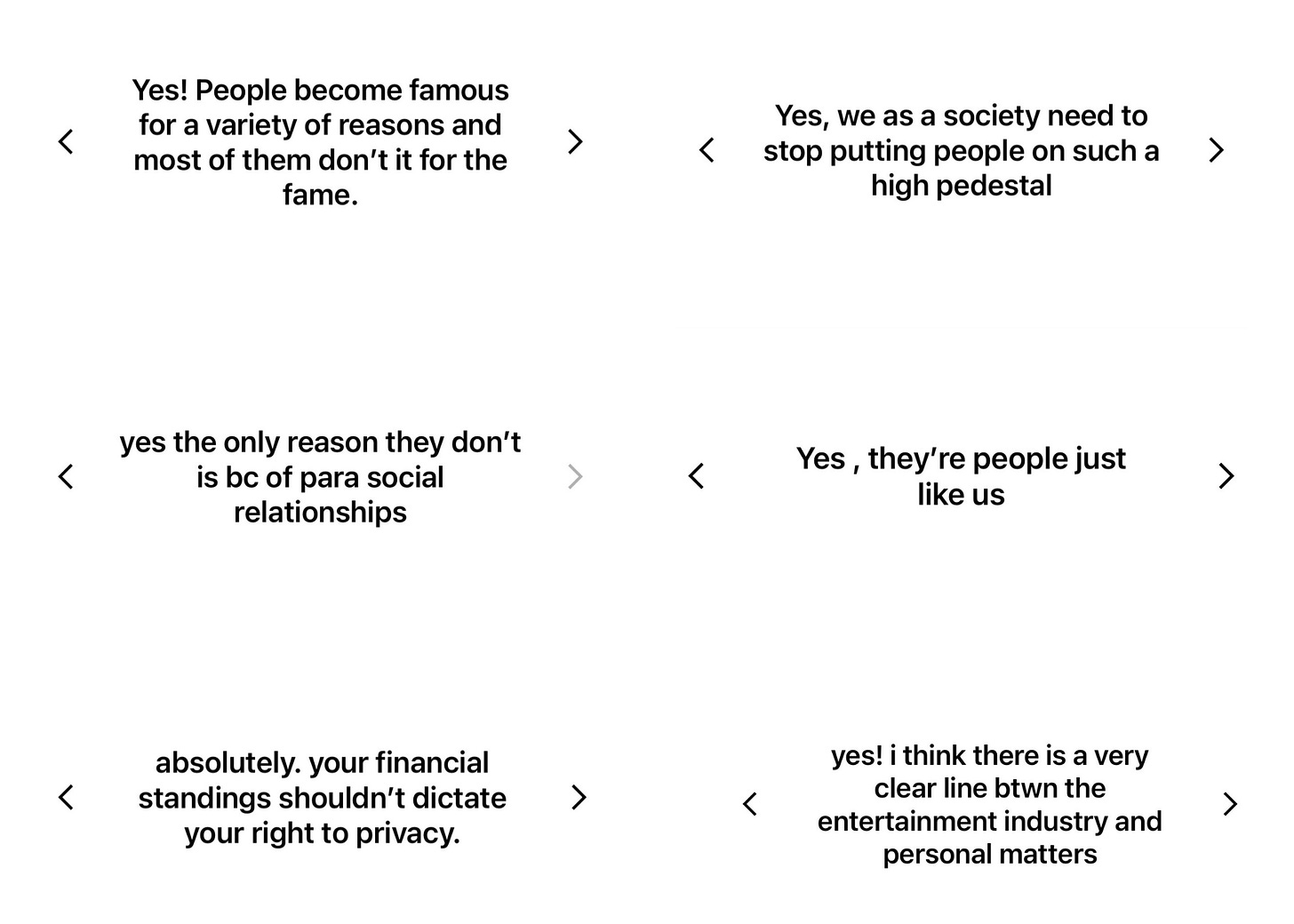
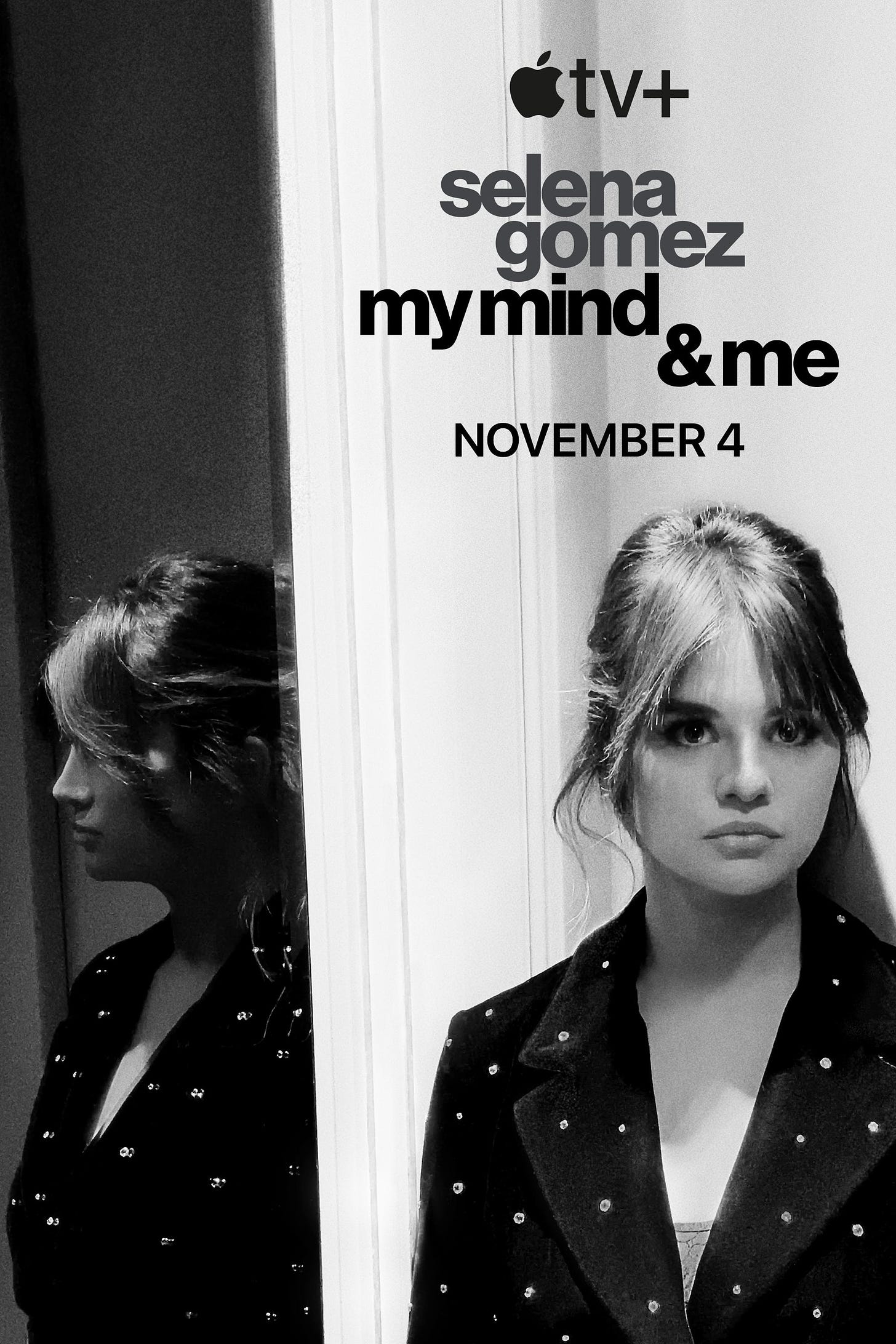
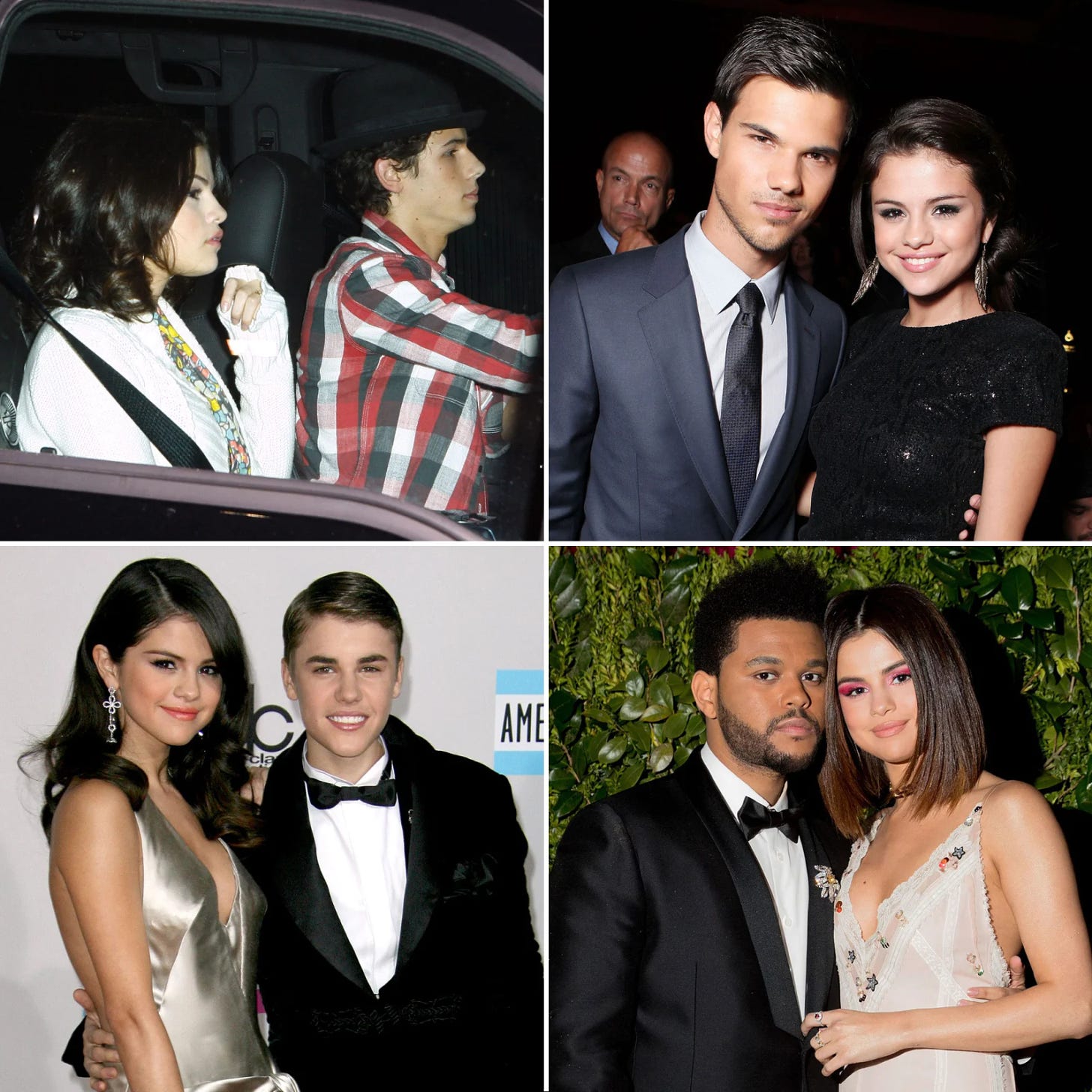

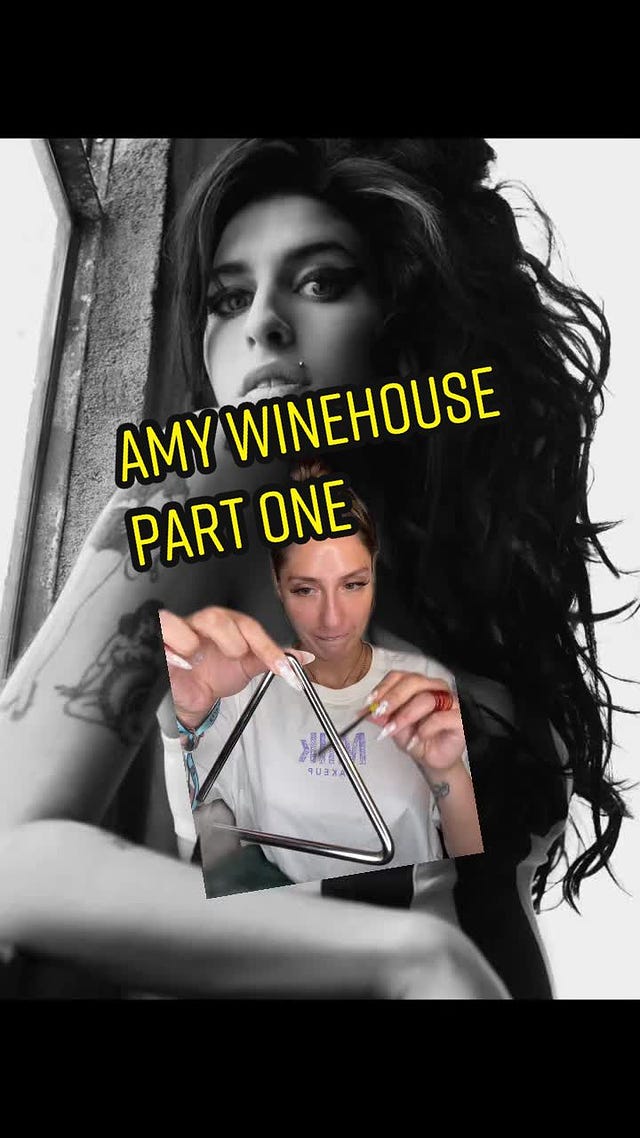
like most kids, i wanted to be famous when i was younger. not that i ever really had a shot. but i realized as i grew that not only am i more interested in a career that dips into the bts of celebrity land. also, i'm just not cut out for such a public facing lifestyle, no matter how much i'd want to act/sing/write/create publicly. i haven't seen selena's doc yet, but i have a feeling i'll relate to it a little too much. love this xo